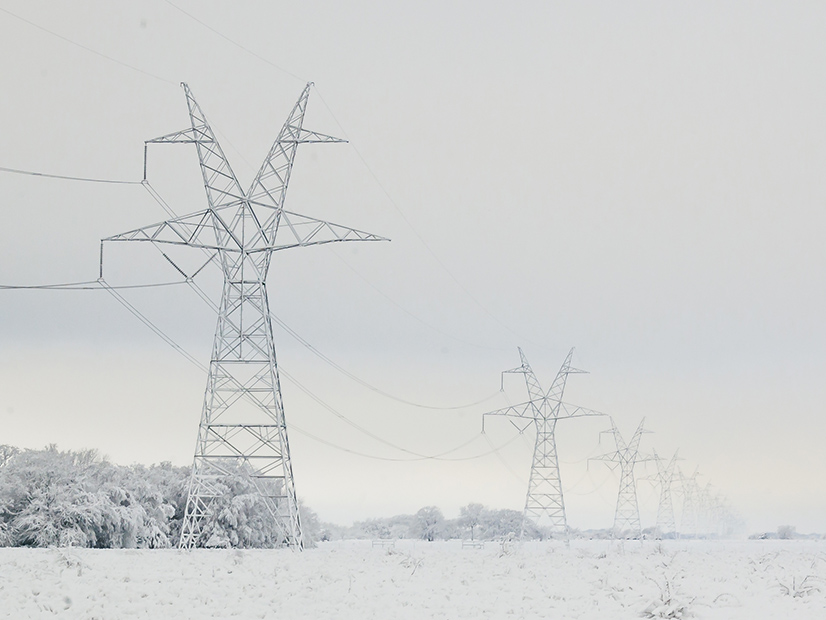The impasse over the ERO’s latest cold weather standard has ended, with EOP-012-2 (Extreme cold weather preparedness and operations) finally receiving enough votes from industry stakeholders this week to pass its third formal comment and ballot period.
The standard went before industry Jan. 16, with voting wrapping up Jan. 22. It received 205 votes in favor and 30 against, for a segment-weighted value of 81% for passage. Fifty-six respondents either abstained or cast no vote.
NERC’s Standards Committee approved the shortened ballot period at its meeting last month, in hopes of passing the standard before a February deadline imposed by FERC. (See Standards Committee Authorizes Shortened Ballots.)
The commission ordered NERC to file the standard within a year when it approved the predecessor, EOP-012-1,last February, citing shortcomings in the standard including “undefined terms, broad limitations, exceptions and exemptions, and prolonged compliance periods.”
NERC’s Board of Trustees will now consider the standard for approval and submission to FERC. A spokesperson for NERC confirmed that the standard will be on the agenda for next month’s board meeting in Houston.
The positive result means the board will not have to exercise its authority under section 321 of NERC’s Rules of Procedure to approve a standard without a successful ballot. Board Chair Ken DeFontes warned at the board’s last meeting in December that such action might be necessary to meet FERC’s deadline. (See NERC Board May Force Action on Cold Weather Standard.)
Voters Focus on Clarity
The margin for EOP-012-2 marks a significant turnaround from the standard’s last ballot round, which closed Nov. 30 with a 58% weighted vote in favor of passage. An earlier vote fared even worse, with only a 44% segment-weighted vote for approval.
Comments from participants in the most recent ballot round indicated that most stakeholders had come around on the standard. Martin Sidor with NRG Energy said the standard drafting team’s most recent changes would “generally address the issues raised by industry” in previous rounds. Edison Electric Institute said the standard “provides sufficient clarity to allow EOP-012-2 to be auditable.”
However, ACES Power disagreed, casting one of the few votes against the standard. The energy management company’s comment, which was endorsed by several other participants, expressed “grave concerns” with the proposed standard’s definition of “generator cold weather constraint.”
The standard defined the term as “a limitation that would prohibit a generator owner from implementing freeze protection measures” in at least one generator component. ACES took issue with the standard’s use of the word “reasonable,” warning that such a vague word could “lead to inconsistent application throughout the … regions.” Other unclear words and phrases cited by ACES included “broadly implemented” and “areas that experience similar winter climate conditions.”
Donald Lock of Talen Generation cast another “no” vote, similarly fearing that the wording of the standard was not sufficiently clear. As an example, he noted that the expression “reasonable cost consistent with good business practices” could be interpreted to deem “all existing plants to be acceptable since they were winterized per the … business practices of the owner.”
Lock suggested that “rather than continue to adjust semantics,” NERC should make winterization criteria for new facilities “explicit” — with a list that is actively updated as technology progresses — while urging FERC to allow owners of existing plants to be reimbursed for upgrades. He said the ERO should limit mandatory actions for existing facilities, to include identifying conditions under which forced outages and derates may occur.
“Above all else, good business practices require that winterization capabilities … must be done right the first time, nor should the goalposts move about over the years,” Lock said.

